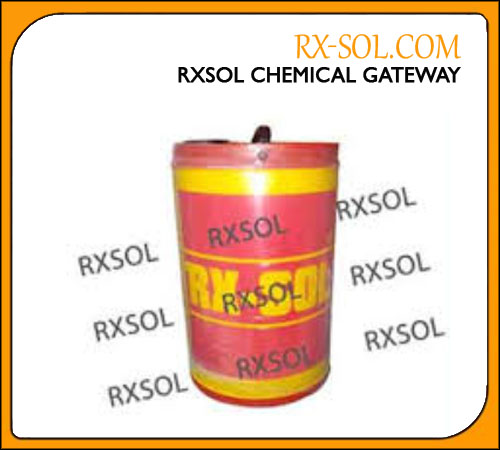Buffer Cleaner
Oman Chemical is leading one Largest Supplier, Manufacture a

Scale is the precipitate that forms on surfaces in contact with water as a result of the precipitation of normally soluble solids that become insoluble as temperature increases. The chemical treatment of water associated with oil and gas includes the application of scale inhibitors, such as phosphonates, to help maintain the integrity of equipment that is used during the drilling and production phases. Treatment is used to Reduce the concentration of scale forming compounds that can accumulate in production wells, water and disposal wells, flowlines and surface equipment. The accumulation of scale can reduce flowrates or for instance, lower efficiencies in heat exchangers. Scale inhibiting chemicals can be applied up or downhole of the wellhead and are in general, classified into four categories: Oil-Miscible, Totally Water Free, Emulsified and Solid. Depending on the mineral content present in the water, duration of the project and operation needs, the chemicals can be applied continuously or in scale squeeze applications.
Technical Capabilities:
Available scale inhibiting chemicals are effective at preventing mineral deposits caused by compounds such as calcium carbonate, strontium sulfate, calcium sulfate, barium sulfate, iron sulfide and iron oxide. Selection of the appropriate scale inhibitor and dose will include water testing to identify the types and concentrations of scale forming compounds present in the water. For example, phosphonate-based scale inhibitors are effective at preventing carbonate and sulfate scales whereas, polymer-base scale inhibitors are effective for sulfate/carbonate scales of barium, strontium and calcium.
Technical Limitations:
The amount of scale that will precipitate out of water is dependent of temperature, pressure, water incompatibility and mineral content. Because these variables often fluctuate, predicting and controlling the type and amount of scale inhibitor to use can be difficult requiring constant operations adjustments to account for these fluctuating parameters.Recent concerns about potential toxicity issues associated with scale inhibitors have led the shale gas industry to evaluate alternative scale inhibitors such as polyaspartic acid. Polyaspartic acid is a manufactured amino polycarboxylic acid that can function as a scale inhibitor, corrosion inhibitor, dispersant, chelation agent, and water absorber. According to the manufacturer, polyaspartic acid is non-toxic, biodegradable, and non-polluting.
Costs:
Because the amount and type of scale that can precipitate out of water is dependent on many factors, a cost associated with application is variable. However, the volume of application is low relative to the overall composition of water for fracture treatment. For example, approximately 0.08% or 0.043% of fracture water in the Marcellus Basin and Fayetteville respectively, is composed of scale inhibiting chemicals.